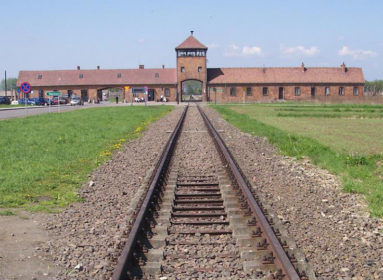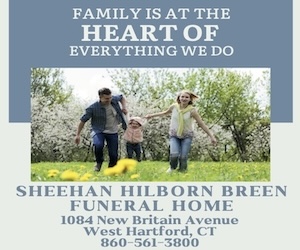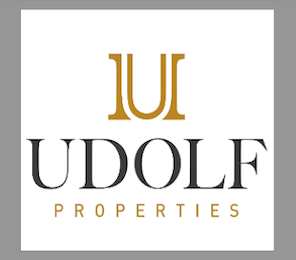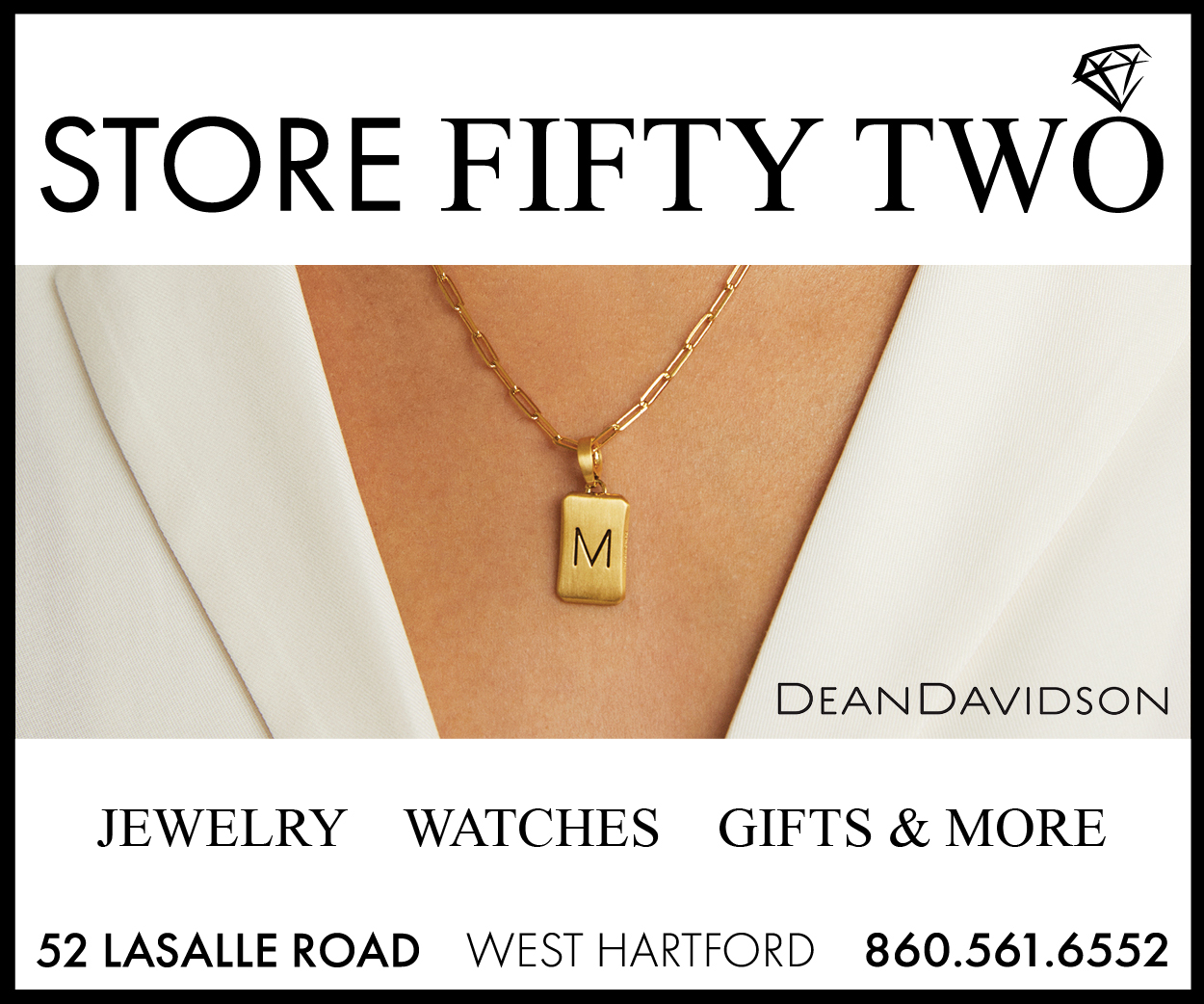By Cindy Mindell
Francesca Segal just won the National Jewish Book Award for her first novel, “The Innocents” (Voice, 2012). The honor comes on the heels of the 2012 Costa First Novel Award and much critical acclaim from the U.S. and Europe.
Inspired by Edith Wharton’s “The Age of Innocence,” “The Innocents” is set in a small, tight-knit Jewish suburb of London.
In the London-based Jewish Renaissance, a magazine of British-Jewish culture, Deborah Brooks wrote, “A great novel (and I think this is one) allows us to enter into a world and see it anew whatever our experience… Readers and book groups the world over will enjoy reading and dissecting this novel and I hope that we British Jews will recognize it as the best portrait of how we are today that’s been written so far.”
The daughter of American writer and educator Erich Segal, and British native Karen James, Segal was born in London and grew up in New York and London. She studied at St Hugh’s College, Oxford, before becoming a writer. Her work has appeared in Granta, The Guardian, and Vogue UK and U.S., among other publications. She has been a features writer at Tatler, and for three years wrote the Debut Fiction column in The Observer.
In advance of her visit to Connecticut, where she will speak in West Hartford on Jan. 23 and in Greenwich on Jan. 28 (see below for details), Segal spoke with the Ledger the day after receiving the National Jewish Book Award.
Q: What was your Jewish upbringing like? Are you involved now in a Jewish community?
A: I grew up in a relatively observant, British Reform household. I think that sits halfway between American Reform and Conservative; the denominations don’t line up perfectly. We had Shabbat dinner every week as a family, and went to shul almost every Friday night – but then also gathered to watch “Friends” on TV after Shabbat dinner was finished; it was part of our family tradition. Judaism and my Jewish identity were a central part of my family life, growing up, and have remained extremely important to me.
Q: In your experience, what are some key differences between the Jewish communities you lived among in the U.S. and Britain?
A: It’s very hard to compare, because the American Jewish communities I know are the larger ones – New York or Boston, for example. In the UK, we are only 0.3 percent of the population, and so it’s perhaps easier to compare London’s Jewish community to one of the smaller American communities. I love how Jewish New York is, and it is certainly true to say that in contrast to the comfort level there, British Jews can often be anxious about drawing too much attention to themselves, and keeping their heads below the parapet. I do hope that changes.
Q: What do you like best and least about being part of each of those communities?
A: I love that somewhere like New York, Jewish culture is so mainstream and so understood by the wider community, because there is such a substantial Jewish population. And I am enormously fond of the London Jewish community, because it’s home!
Q: What inspired you to write “The Innocents?”
A: It happened by accident really. I’d always wanted to write a novel that was based in northwest London – I knew that it was a fascinating, colorful world that would lend itself to fiction. I just wanted to wait until I had the right story to tell.
Q: How would you compare your fictional work with that of British Jewish author Howard Jacobson, who is sometimes described as the British Phillip Roth?
A: Er – I’m not sure I can! We’re quite different! I am a huge admirer of his. Similarities? Well, we are both British Jews writing, and both informed, I think, by the same European Jewish legacy, and the incredible humor and literary heritage, but I think we use those legacies in slightly different ways.
Q: Are there writers and artists whose work particularly inspires you?
Too many to list. Jane Austen, Salman Rushdie, Isaac Bashevis Singer, Philip Roth, A.S. Byatt, Charles Dickens, Jane Gardam, Chaim Potok, Stefan Zweig, Alan Hollinghurst… I could keep going but I’ll stop there!
Q: What do you think about “Downton Abbey?” Why doesn’t writer Julian Fellowes make a bigger deal about Lady Grantham’s Jewish maiden name? Is that a reflection of British views of the time?
A: I love “Downton Abbey!” Julian Fellowes is wonderful at writing a certain kind of very British fantasy that is the most fantastic escapism. And he has a great understanding of his subjects and his period. He doesn’t make more of Lady Grantham’s Jewish maiden name because no one else would have wanted to make reference to it then, either. It is very much a reflection of the time. Actually it’s funny you ask, because the same production company who make “Downton,” Carnival Films, have optioned “The Innocents” for television.
West Hartford – Francesca Segal is among three first-time novelists who will take part in a conversation at the Mandell JCC, 335 Bloomfield Ave., on Wednesday, Jan. 23, 7:30 p.m. For information: (860) 231-6339, jziplow@mandelljcc.org. (Also features are novelists Anouk Markovits and Jennifer Miller).
Greenwich: Francesca Segal will read from her novel on Monday, Jan. 28, 10-11:30 a.m., at the Woman’s Club of Greenwich, 89 Maple Ave., Greenwich, presented by JCC Greenwich and the Jewish Book Council. For information: www.jccgreenwich.org / (203) 552-1818








 Southern New England Jewish Ledger
Southern New England Jewish Ledger










